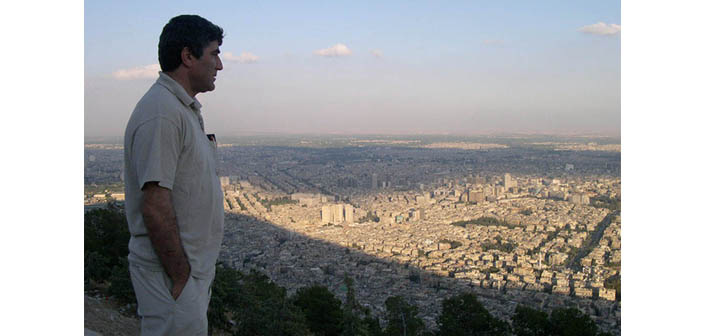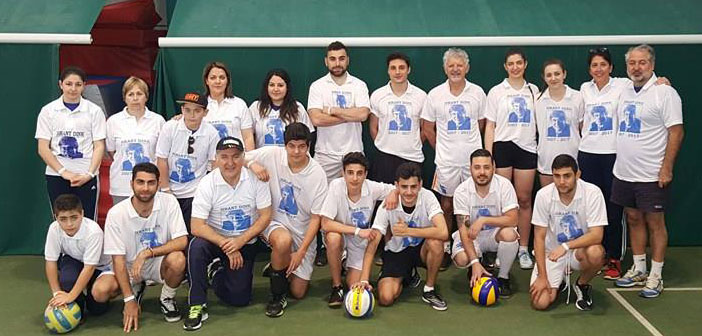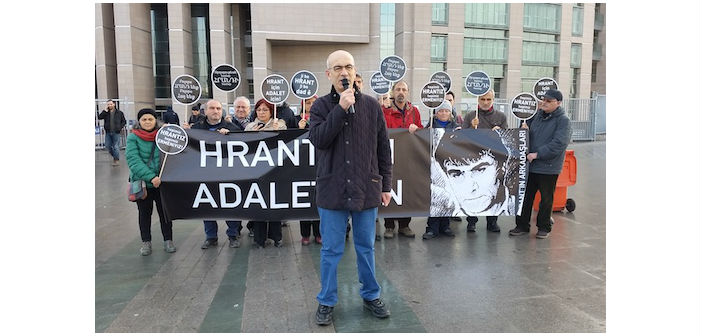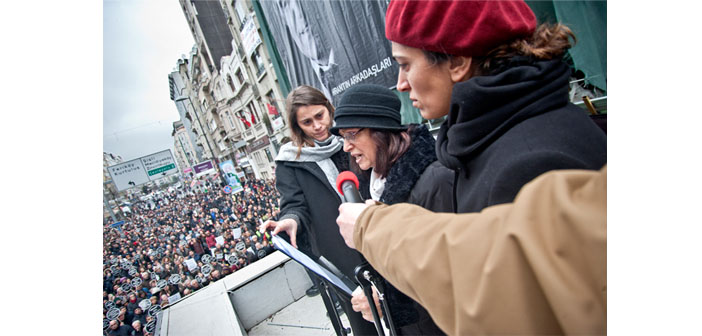There is a book called The Violence of Organized Forgetting; it is the author’s explanation of the crisis of modern life, anywhere, but specifically in the United States.
The title took me elsewhere, to the other place where there is organized forgetting. Turkey can probably be called the Republic of Organized Forgetting, a place where language and history are changed to erase memory.
In that republic, Hrant Dink resisted the organized forgetting, daily and repeatedly explained its causes, and most importantly, thoughtfully, cautiously, replaced it with something else. He introduced the concept of ‘reclaiming’: reclaiming our selves, our memories, our place. Not reconciliation – because how can you do that without at least two sides? But reclaiming, because that we can do on our own. Hrant did. And with him, and after him, we, his personal and ideological friends and followers, empowered, have matter-of-factly reclaimed our place in Istanbul, in all corners of Turkey, in the history -- and in the arts -- and in the language -- and in the music. We have these 11 years, been walking through doors, reclaiming our piece of history. And memory.
I remember referring to Hrant’s ‘death’, once, without thinking, and Raqel Dink, quickly and forcefully corrected me – that was not death, she said, that was assassination. It’s very different. She said it as quietly as she says everything else. But leaving no doubt about what she means.
Last year marked a decade. Now, another year still has been added to the time since the assassination and although its deep roots are visible, they are still not conclusively identified, acknowledged, nor has there been accountability.
That makes me wonder if, in this Republic of Organized Forgetting, it is possible that the impact of Hrant’s assassination, too, together with everyone it brought to the fore – the curious, the committed, the aggrieved, the empathetic – could also be forgotten.
Then I remember how Hrant’s assassination caused a transformation for a critical mass, turning the ‘disinterested’ to ‘responsible’. That’s not reversible. For them and for us, the grieving was, and continues to be more than for the physical loss of a good man for whom the private and the political were the same, whose simple allegories and personal ruminations had meaning beyond his own.
What we are experiencing now is loss and grieving at having lost what might have been.





